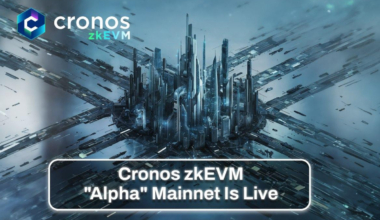Brazilian President Luiz Inácio Lula da Silva has recently signed legislation providing clear guidelines for the country’s central bank and securities regulator regarding their roles in the cryptocurrency sector.
This move aims to establish a legal framework for cryptocurrencies in Brazil and ensure effective regulation and supervision of virtual asset service providers.
The Legislation
On June 14, President Lula signed government decree No. 11.563, which outlines the rules based on a December 2022 law concerning the regulation of cryptocurrencies in Brazil.
Under this legislation, the Central Bank of Brazil is granted the authority to regulate and supervise virtual asset service providers, while the Comissão de Valores Mobiliários (CVM), Brazil’s equivalent of the U.S. Securities and Exchange Commission, will oversee token projects categorized as securities.
Enhancing Regulatory Framework
Cointelegraph Brazil reported that the CVM has been actively working to develop a regulatory framework that aligns with the increasing volume of crypto trades in the country and the evolving nature of emerging markets.
The government decree, effective from June 20, aims to create a more robust regulatory environment while maintaining existing consumer protection and financial crime laws.
CBDC Pilot Project
The decree comes at a time when Brazil’s central bank is anticipated to launch a pilot project for a central bank digital currency (CBDC) in collaboration with major payment firms such as Visa and Mastercard.
The central bank aims to test the functionalities of its platform, including privacy and programmability, with the possibility of introducing a digital version of the Brazilian real.



